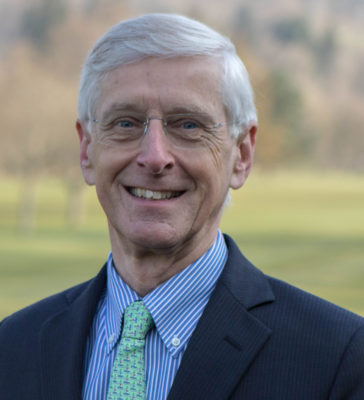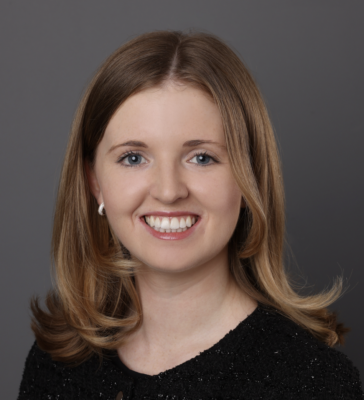
Charles Platt
Current Employer/Organisation Name
Retired.
What have you been doing since leaving Exeter, and what are you doing now?
I was called to the Bar and did my pupillage before emigrating to Boston, Massachusetts in 1976. I worked for one of the large Boston law firms for 4 1/2 years before joining Fiduciary Trust Company, a private wealth management firm. I worked originally as Trust Counsel but moved to the investment side of the firm a couple of years later and spent the next 35 years managing money for high net worth families and individuals. My background in estate planning, estate administration and tax was directly relevant to many of my clients’ needs. I retired at the end of 2018, returned to the UK, and I am now living in Edinburgh.
Why did you choose this career? And what do you enjoy most about your work?
I didn’t really “choose” the law as a profession — it was my father’s choice — but it enabled me to work directly with clients and develop relationships with them that lasted many years. Many of my clients were multi-generational — I knew the grandparents, their adult children, and their grandchildren. While the financial and investment work was intellectually challenging, the most satisfying and rewarding part was getting to know families, earn their trust as an adviser and solve all kinds of problems for them, not just how to maximise returns.
Please tell us if you were a member of any societies, groups or sports clubs?
I was a member of the Boat Club and coxed the University First VIII during the winter and then a coxed Four in the summer regatta series
What did you enjoy most about your programme and what was the biggest highlight?
Making friends, having a co-ed class (half the students were women, while I had gone to an all-boys school) and discovering that I was smarter than I thought. My mid term exam results in the first year were a massive boost to my self-confidence and I went on to get a good Upper Second.
What did you enjoy most about studying here?
The professors — who were excellent.
Why did you choose to study at Exeter?
Exeter was my second choice after Cambridge. I am very happy that I ended up there.
What skills and experiences have been most useful for your career?
Learning to express myself clearly. Good communication skills are underappreciated but key to success in almost any profession, particularly one involving personal service.
What advice would you give to a current student who wishes to pursue your career?
Decide what is important to you: is it the analytical process of legal work or the personal impact you can have on clients’ lives. That will help guide you into an area that suits your interests.
What are your plans for the future?
To enjoy retirement and continue to volunteer to some local organisations.

